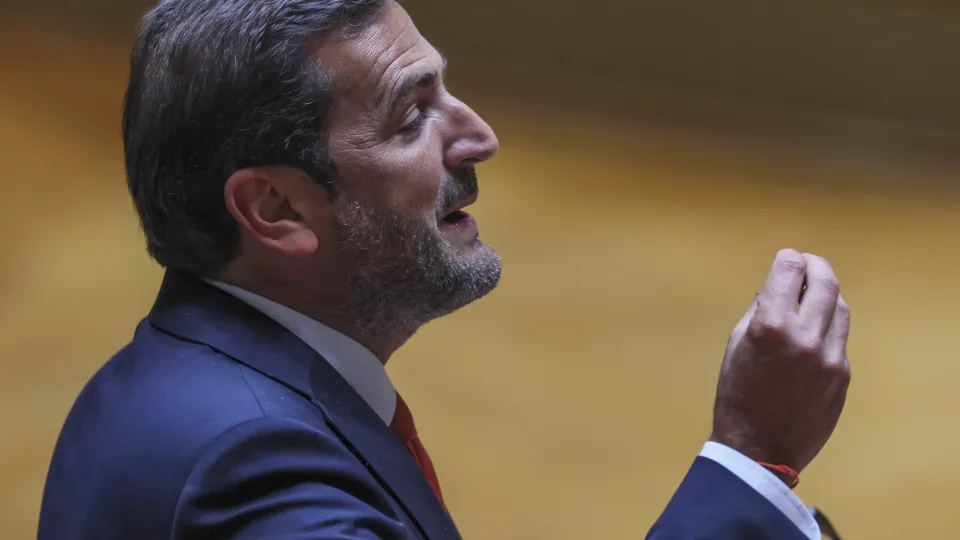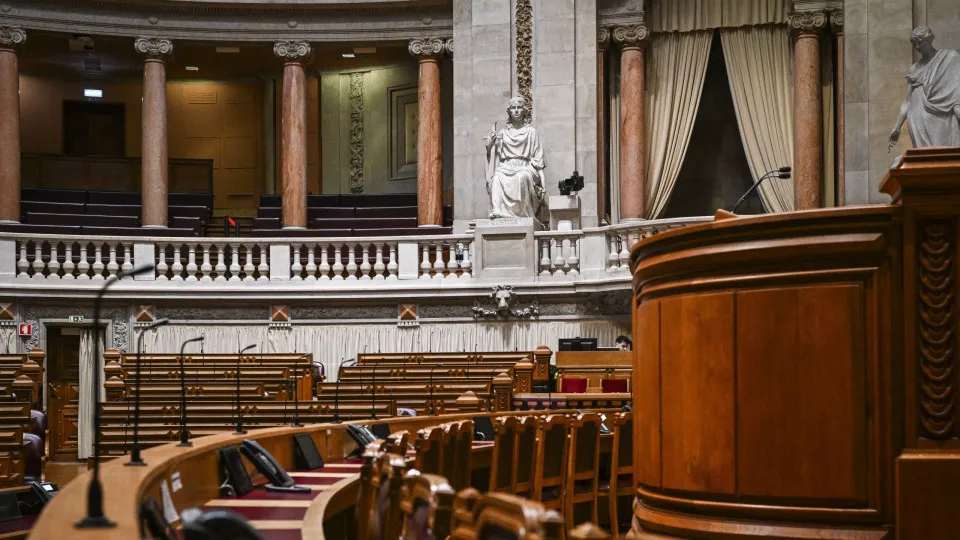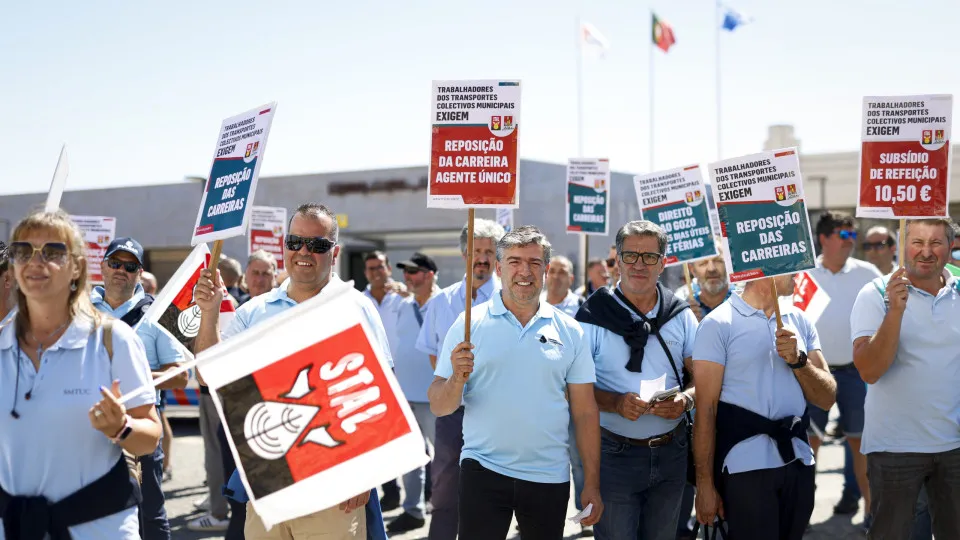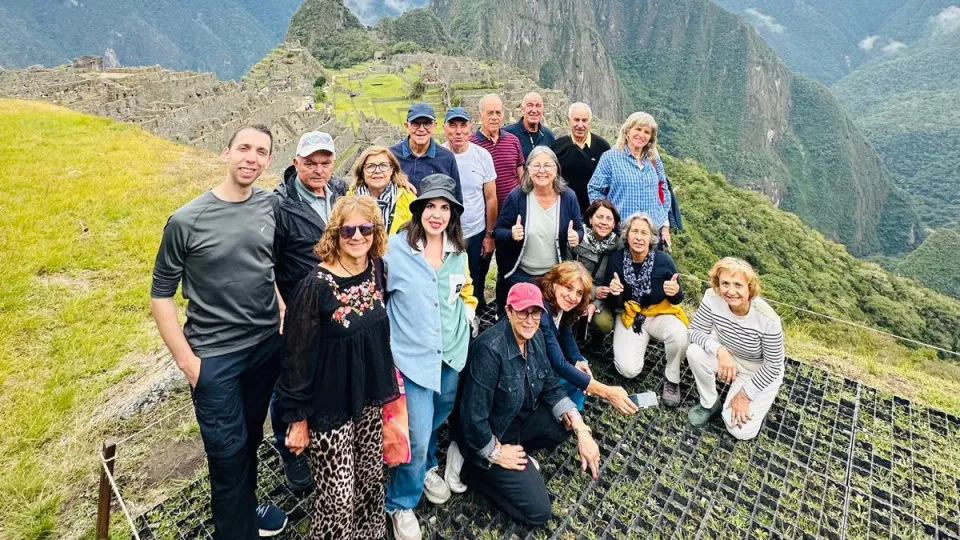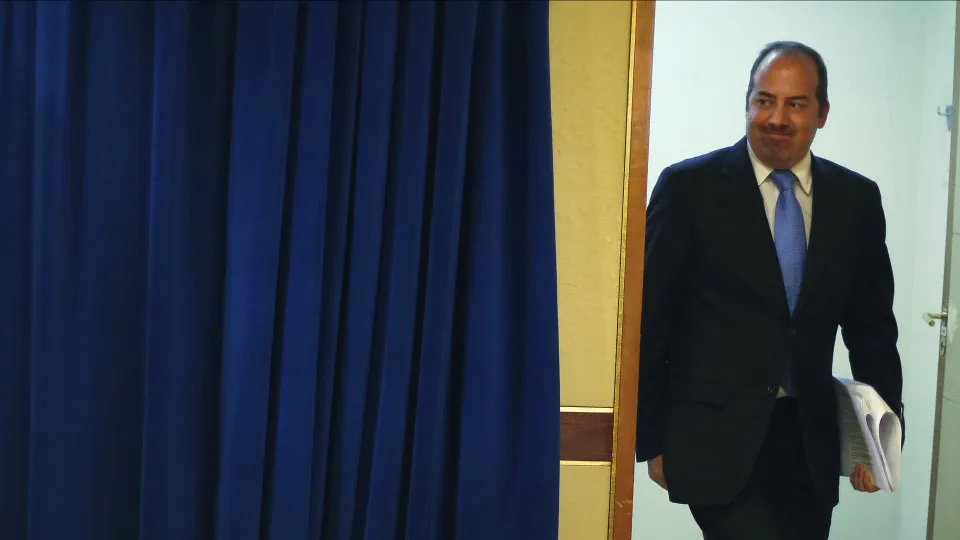
The future governor of the Bank of Portugal, Álvaro Santos Pereira, stated today in parliament that Mário Centeno will remain as a consultant for the central bank if he so desires, but that he himself will not take on such a role when his tenure concludes.
“As a bank employee, he is entitled to stay on as a consultant. Personally, I would not remain on the bank’s staff as a consultant after serving as governor,” he said before the Budget and Finance Committee during the mandatory hearing before his appointment as governor.
Currently, Santos Pereira indicated, Mário Centeno (the sitting governor) has not informed him of his future plans.
Last week, inquiries were made to the Bank of Portugal regarding whether Mário Centeno would become a consultant post-governorship, but no response was provided.
Earlier this year, a controversy arose concerning the number of consultants at the Bank of Portugal.
In a parliamentary session, Centeno mentioned that there were six consultants, five of whom were nearing retirement.
When asked about the salary of consultants and how it is determined, Centeno explained that the salary of any consultant corresponds to what they would earn in their director role.
According to information collected, it has long been a practice at the Bank of Portugal to have personnel designated as consultants, usually assigned to those who served as directors or held temporary positions in the government or other public administration roles. Upon completion of these roles, they often choose not to return to their original positions but rather assume the consultant status, with responsibilities for longer-term work and less daily pressure.
Publicly recognized figures who have served as Bank of Portugal consultants include Cavaco Silva, Vítor Gaspar, Manuela Ferreira Leite, and Abel Mateus.
Mário Centeno had previously worked as a consultant for the administration of the Bank of Portugal from December 2013 to November 2015, following his time as deputy director of the Economic Studies Department at the BdP (where he had disagreements with the then-Governor, Carlos Costa) and before his role as Finance Minister under the PS Governments led by António Costa.

